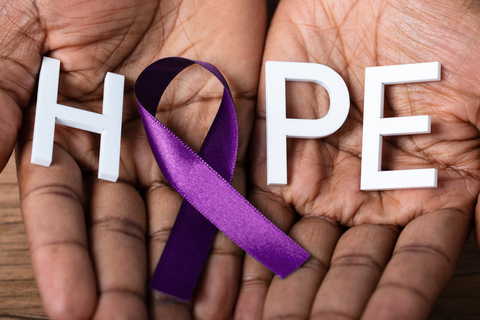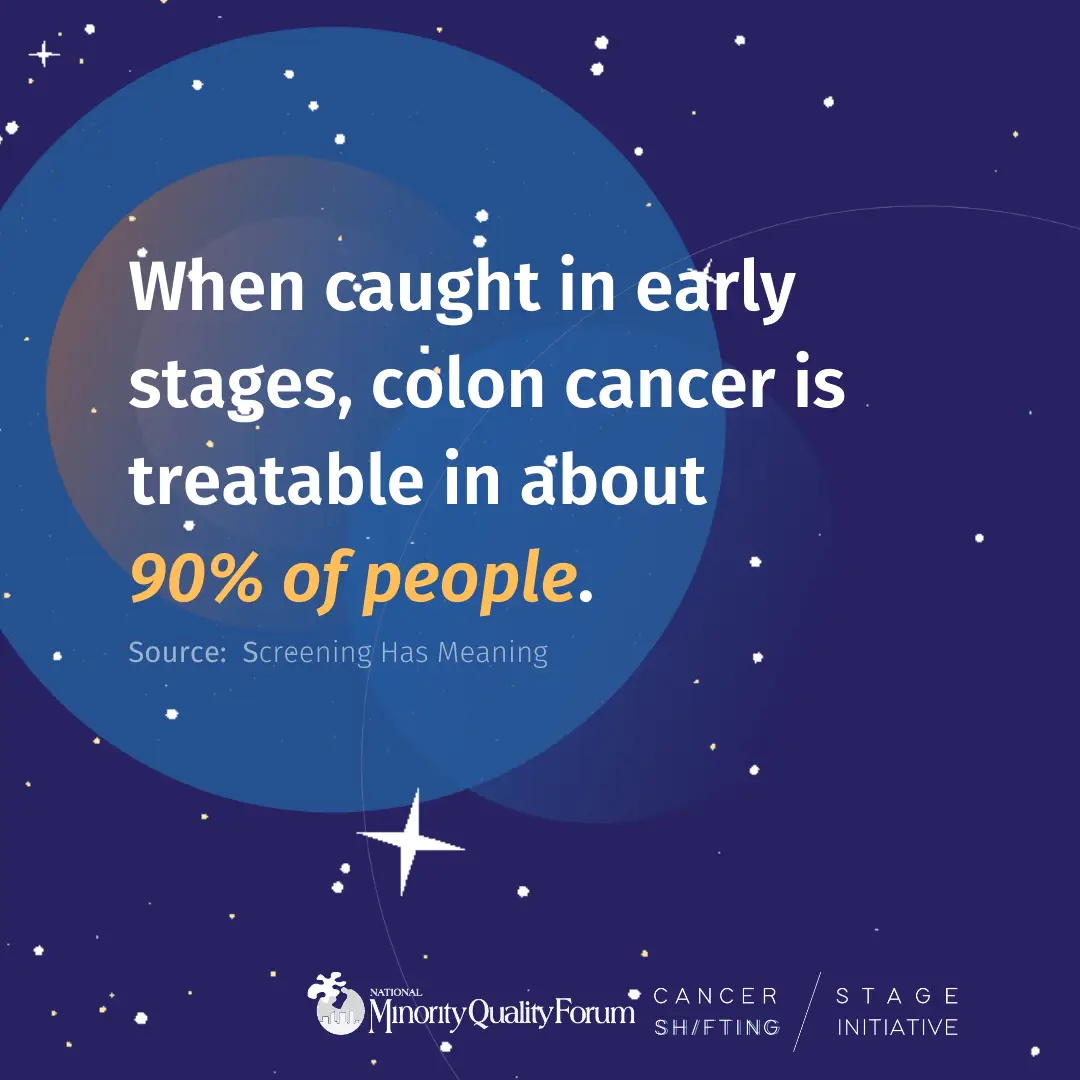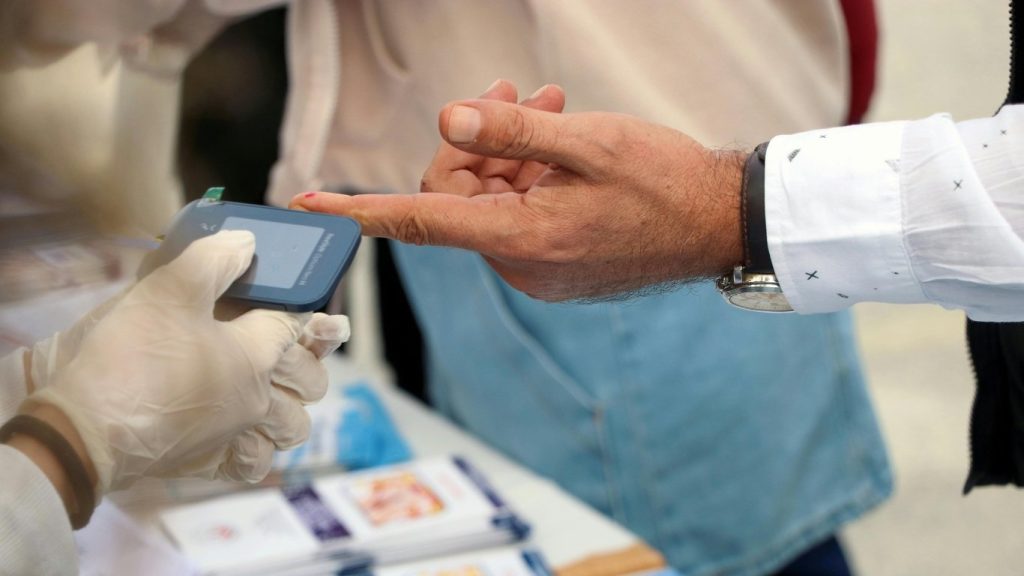Cancer
Breast cancer diagnosis in Inner-City African American and Hispanic women: The importance of early screening
Purpose:
To evaluate the diagnosis of breast cancer in inner-city African-American and Hispanic women under age 50 to support the im...
American Indians, Alaska Natives Engage in Few Skin Cancer Prevention Behaviors
American Indians and Alaska Natives (AIAN) were found to practice few skin cancer prevention behaviors, according to a research letter published in...
The impact of race/ethnicity on pancreaticoduodenectomy outcomes for pancreatic cancer
Purpose:
To investigate the impact of race/ethnicity on surgical outcomes following pancreaticoduodenectomy for pancreatic cancer.
...
The Impact of Breast Cancer on the Hispanic/ Latina Community: Answers from an Expert
Newswise — New Brunswick, N.J., October 1, 2022 – Breast cancer is the second most common type of cancer in women after skin cancer, according to t...
Combating a killer: Prostate cancer in the African American community
Before she began medical school, Fornati Bedell, M.D., M.H.D., studied public health at Johns Hopkins University. She fondly recalls her first job....
Race differences in patient-reported symptoms during chemotherapy among women with early-stage hormone receptor positive breast cancer
Background:
Symptom burden differences may contribute to racial disparities in breast cancer survival. We compared symptom changes f...
Trending Topics
Features
- Drive Toolkit
Download and distribute powerful vaccination QI resources for your community.
- Health Champions
Sign up now to support health equity and sustainable health outcomes in your community.
- Cancer Early Detection
MCED tests use a simple blood draw to screen for many kinds of cancer at once.
- PR
FYHN is a bridge connecting health information providers to BIPOC communities in a trusted environment.
- Medicare
Discover an honest look at our Medicare system.
- Alliance for Representative Clinical Trials
ARC was launched to create a network of community clinicians to diversify and bring clinical trials to communities of color and other communities that have been underrepresented.
- Reducing Patient Risk
The single most important purpose of our healthcare system is to reduce patient risk for an acute event.



















